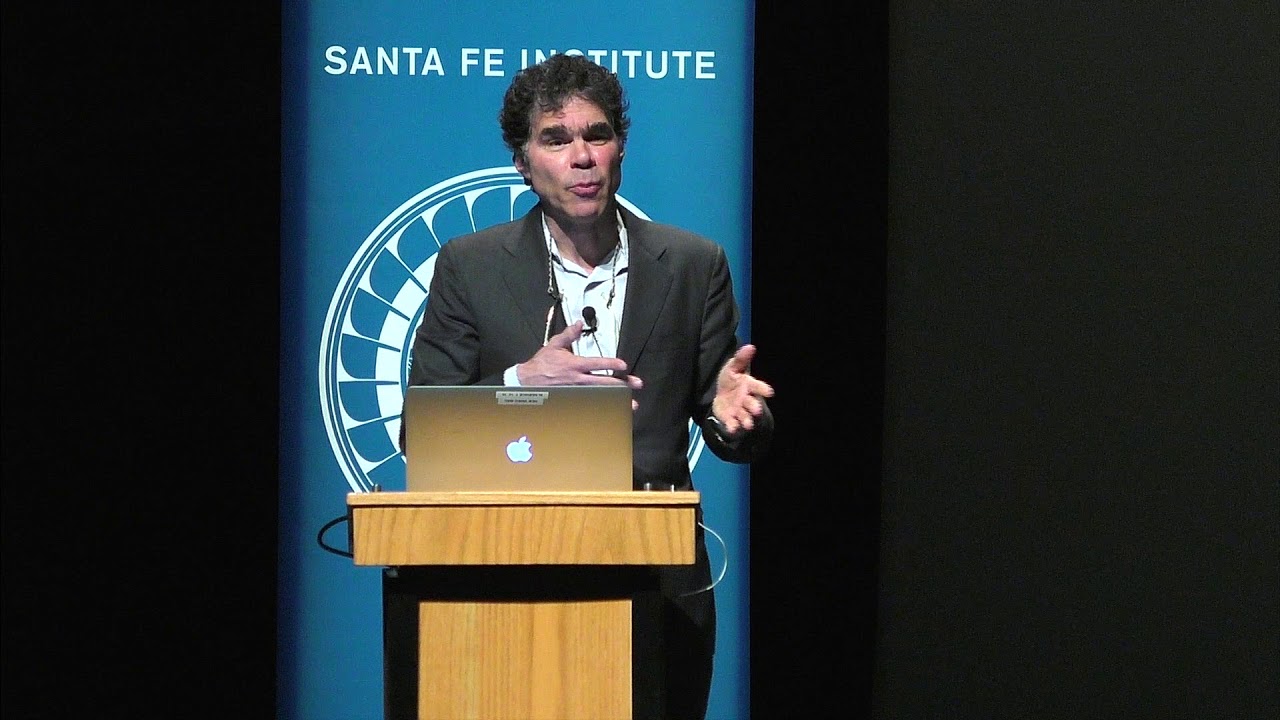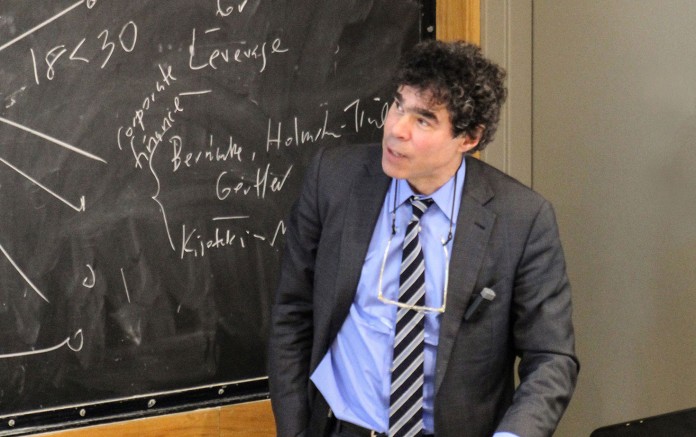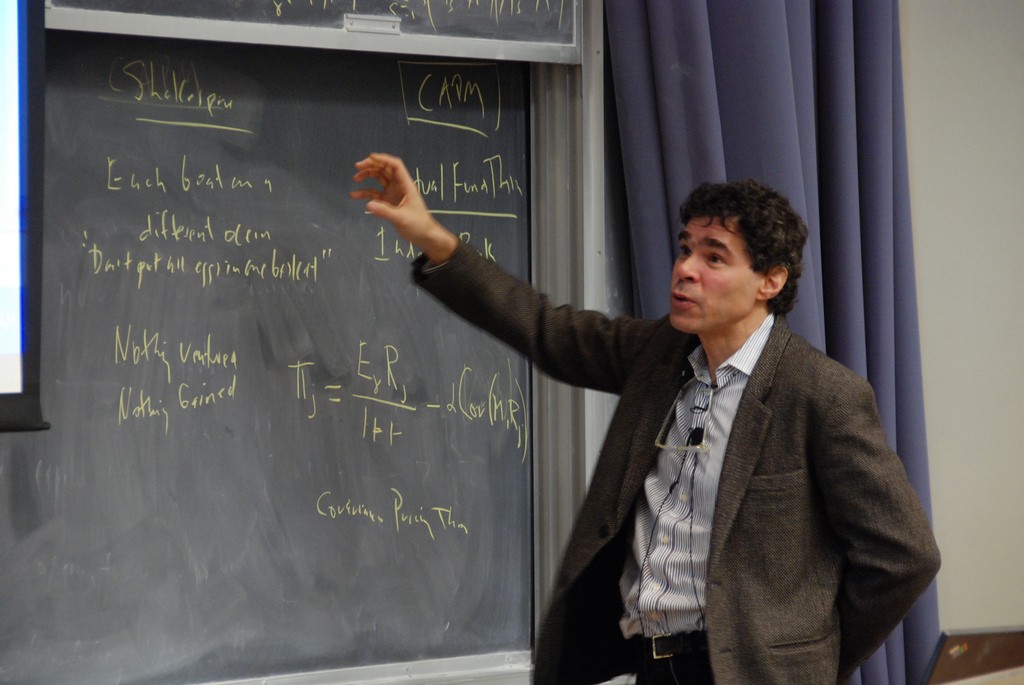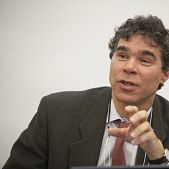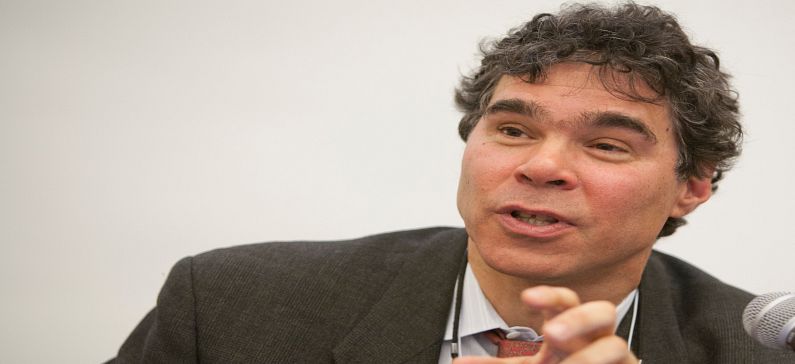
He stands out at Yale University for his economic analysis
John Geanakoplos is an economist, and the current James Tobin Professor of Economics at Yale University.
He was born to a Greek-American family of scholars on March 18, 1955. His father was the late Professor Emeritus at Yale, Deno Geanakoplos, a renowned Greek-American historian of Byzantine cultural and religious history, and his mother, Effie Geanakoplos, was an instructor in psychiatry at the Yale Child Study Center.
In 1970 he won the United States Junior (< 20) Open Chess Championship. He received his B.A. in mathematics from Yale University in 1975, and his M.A. in mathematics and his Ph.D. in economics under Kenneth Arrow and Jerry Green from Harvard University in 1980. He started as an Assistant Professor in Economics at Yale University in 1980, becoming an Associate Professor in 1983, Professor in 1986, and the James Tobin Professor of Economics in 1994.
From 1996 to 2005 he was Director of the Cowles Foundation for Research in Economics. He was a co-founder in 1992, and is still currently Director of the Hellenic Studies Program at Yale. He was elected a fellow of the Econometric Society in 1990, and of the American Academy of Arts and Sciences in 1999, and of the Yale Faculty of Arts and Sciences Senate in 2015.
He was awarded the Samuelson Prize in 1999, and was awarded the first Bodossaki Prize in economics in 1994 (for the best economist of Greek heritage under 40). In 1990-1991 and again in 1999-2000 he directed the economics program at the Santa Fe Institute, where he remains an external professor.
From 2007-2014 he was chairman of the SFI science steering committee. He spent terms as visiting professor at MSRI in the University of California, Berkeley, at Churchill College, Cambridge, at the University of Pennsylvania, at Harvard, at Stanford, and at MIT. From 1990-1994 he was a Managing Director and Head of Fixed Income Research at Kidder, Peabody & Co.
He was one of the founding partners in 1995 of Ellington Capital Management, where he remains a partner.
Geanakoplos’ papers in the 1980s with Paul Klemperer and Jeremy Bulow developed the concept and invented the terminology of Strategic Complements that is now commonly used in game theory, industrial organization and elsewhere.
Before the Late-2000s financial crisis, Geanakoplos was known primarily for his contributions to General equilibrium theory, particularly Incomplete markets in general equilibrium theory. Geanakoplos and Polemarchakis, for example, establishes key existence and welfare results in a general incomplete markets model.
Since the onset of the Late-2000s financial crisis, Geanakoplos’ work on the relationship between leverage and asset prices, The Leverage Cycle, has been prominent in both popular and academic discussions of financial market fluctuations and regulation.
Leverage is defined as the ratio of the asset value to the cash needed to purchase it. The leverage cycle can be defined as the procyclical expansion and contraction of leverage over the course of the business cycle. The existence of pro-cyclical leverage amplifies the effect on asset prices over the business cycle.
In 2009, Geanakoplos co-authored a work on credit cards and inflation through the Cowles Foundation. His co-author was the mathematical economist and fellow Yale professor Pradeep Dubey.
He has authored over 80 articles on economics, finance, and game theory, including important papers on the existence and constrained inefficiency of general equilibrium with incomplete markets, common knowledge, strategic substitutes and complements, psychological games, Arrow’s impossibility theorem, consistent hyperbolic discounting, default equilibrium, collateral equilibrium, the leverage cycle, social security reform, and the financial crisis of 2007-9.



